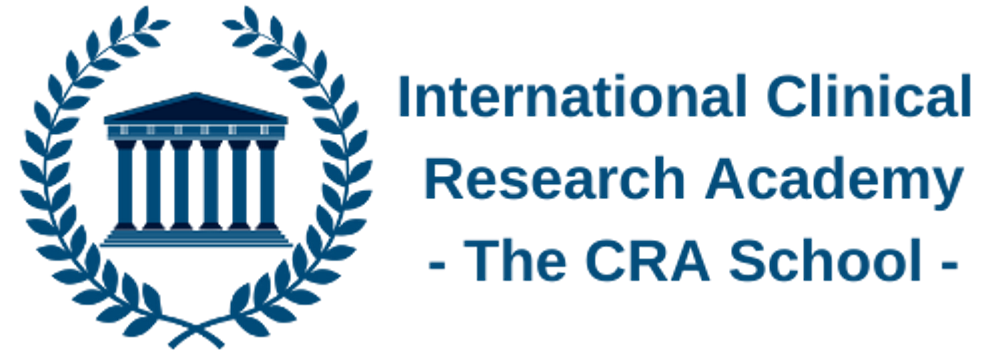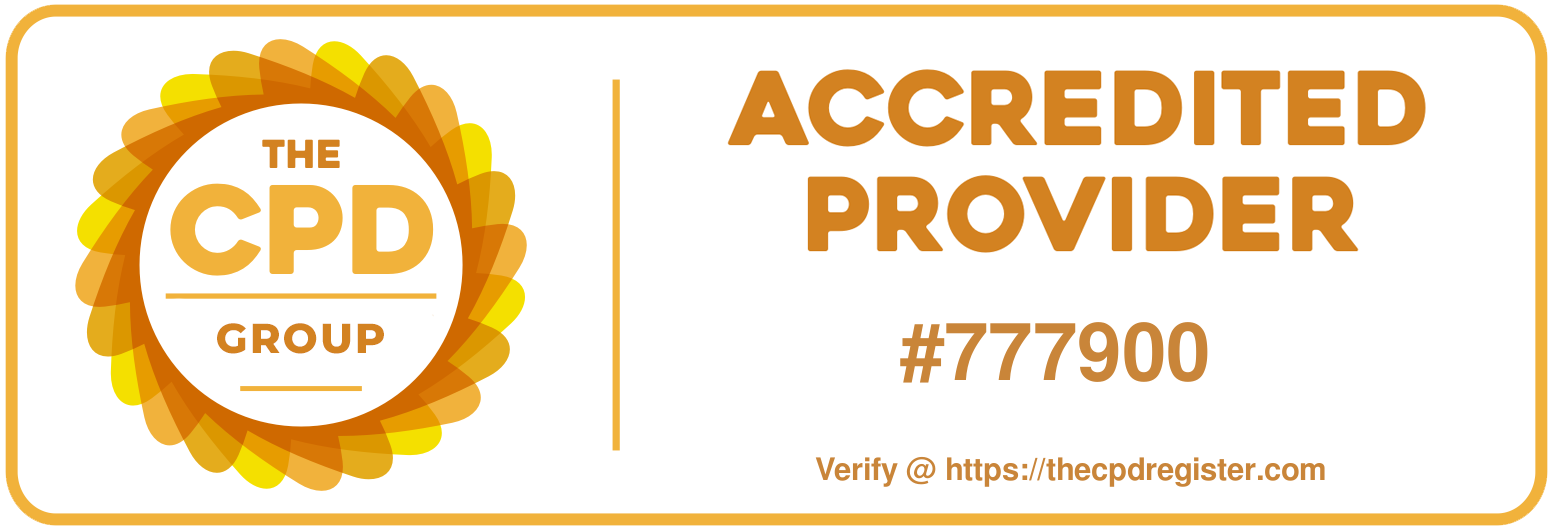It’s not that the old meds are getting weaker, drug developers say. It’s as if the placebo effect is somehow getting stronger.
His plan hinged on the success of an experimental antidepressant codenamed MK-869. Still in clinical trials, it looked like every pharma executive’s dream: a new kind of medication that exploited brain chemistry in innovative ways to promote feelings of well-being. The drug tested brilliantly early on, with minimal side effects, and Merck touted its game-changing potential at a meeting of 300 securities analysts.
Behind the scenes, however, MK-869 was starting to unravel. True, many test subjects treated with the medication felt their hopelessness and anxiety lift. But so did nearly the same number who took a placebo, a look-alike pill made of milk sugar or another inert substance given to groups of volunteers in clinical trials to gauge how much more effective the real drug is by comparison. The fact that taking a faux drug can powerfully improve some people’s health—the so-called placebo effect—has long been considered an embarrassment to the serious practice of pharmacology.
Ultimately, Merck’s foray into the antidepressant market failed. In subsequent tests, MK-869 turned out to be no more effective than a placebo. In the jargon of the industry, the trials crossed the futility boundary.
It’s not only trials of new drugs that are crossing the futility boundary. Some products that have been on the market for decades, like Prozac, are faltering in more recent follow-up tests. In many cases, these are the compounds that, in the late ’90s, made Big Pharma more profitable than Big Oil. But if these same drugs were vetted now, the FDA might not approve some of them. Two comprehensive analyzes of antidepressant trials have uncovered a dramatic increase in placebo response since the 1980s. One estimated that the so-called effect size (a measure of statistical significance) in placebo groups had nearly doubled over that time.
The roots of the placebo problem can be traced to a lie told by an Army nurse during World War II as Allied forces stormed the beaches of southern Italy. The nurse was assisting an anesthetist named Henry Beecher, who was tending to US troops under heavy German bombardment. When the morphine supply ran low, the nurse assured a wounded soldier that he was getting a shot of potent painkiller, though her syringe contained only salt water. Amazingly, the bogus injection relieved the soldier’s agony and prevented the onset of shock.
Returning to his post at Harvard after the war, Beecher became one of the nation’s leading medical reformers. Inspired by the nurse’s healing act of deception, he launched a crusade to promote a method of testing new medicines to find out whether they were truly effective. At the time, the process for vetting drugs was sloppy at best: Pharmaceutical companies would simply dose volunteers with an experimental agent until the side effects swamped the presumed benefits. Beecher proposed that if test subjects could be compared to a group that received a placebo, health officials would finally have an impartial way to determine whether a medicine was actually responsible for making a patient better.
In a 1955 paper titled “The Powerful Placebo,” published in The Journal of the American Medical Association, Beecher described how the placebo effect had undermined the results of more than a dozen trials by causing improvement that was mistakenly attributed to the drugs being tested. He demonstrated that trial volunteers who got real medication were also subject to placebo effects; the act of taking a pill was itself somehow therapeutic, boosting the curative power of the medicine. Only by subtracting the improvement in a placebo control group could the actual value of the drug be calculated.
The article caused a sensation. By 1962, reeling from news of birth defects caused by a drug called thalidomide, Congress amended the Food, Drug, and Cosmetic Act, requiring trials to include enhanced safety testing and placebo control groups. Volunteers would be assigned randomly to receive either medicine or a sugar pill, and neither doctor nor patient would know the difference until the trial was over. Beecher’s double-blind, placebo-controlled, randomized clinical trial—or RCT—was enshrined as the gold standard of the emerging pharmaceutical industry. Today, to win FDA approval, a new medication must beat placebo in at least two authenticated trials.
Now, after 15 years of experimentation, he has succeeded in mapping many of the biochemical reactions responsible for the placebo effect, uncovering a broad repertoire of self-healing responses. Placebo-activated opioids, for example, not only relieve pain; they also modulate heart rate and respiration. The neurotransmitter dopamine, when released by placebo treatment, helps improve motor function in Parkinson’s patients. Mechanisms like these can elevate mood, sharpen cognitive ability, alleviate digestive disorders, relieve insomnia, and limit the secretion of stress-related hormones like insulin and cortisol.
In one study, Benedetti found that Alzheimer’s patients with impaired cognitive function get less pain relief from analgesic drugs than normal volunteers do. Using advanced methods of EEG analysis, he discovered that the connections between the patients’ pre-frontal lobes and their opioid systems had been damaged. Healthy volunteers feel the benefit of medication plus a placebo boost. Patients who are unable to formulate ideas about the future because of cortical deficits, however, feel only the effect of the drug itself. The experiment suggests that because Alzheimer’s patients don’t get the benefits of anticipating the treatment, they require higher doses of painkillers to experience normal levels of relief.
Benedetti often uses the phrase “placebo response” instead of placebo effect. By definition, inert pills have no effect, but under the right conditions they can act as a catalyst for what he calls the body’s “endogenous health care system.” Like any other internal network, the placebo response has limits. It can ease the discomfort of chemotherapy, but it won’t stop the growth of tumors. It also works in reverse to produce the placebo’s evil twin, the nocebo effect. For example, men taking a commonly prescribed prostate drug who were informed that the medication may cause sexual dysfunction were twice as likely to become impotent. (the nocebo role of Internet?)
In a study last year, Harvard Medical School researcher Ted Kaptchuk devised a clever strategy for testing his volunteers’ response to varying levels of therapeutic ritual. The study focused on irritable bowel syndrome, a painful disorder that costs more than $40 billion a year worldwide to treat. First the volunteers were placed randomly in one of three groups. One group was simply put on a waiting list; researchers know that some patients get better just because they sign up for a trial. Another group received placebo treatment from a clinician who declined to engage in small talk. Volunteers in the third group got the same sham treatment from a clinician who asked them questions about symptoms, outlined the causes of IBS, and displayed optimism about their condition.
Not surprisingly, the health of those in the third group improved most. In fact, just by participating in the trial, volunteers in this high-interaction group got as much relief as did people taking the two leading prescription drugs for IBS. And the benefits of their bogus treatment persisted for weeks afterward, contrary to the belief—widespread in the pharmaceutical industry—that the placebo response is short-lived.
Studies like this open the door to hybrid treatment strategies that exploit the placebo effect to make real drugs safer and more effective. Cancer patients undergoing rounds of chemotherapy often suffer from debilitating nocebo effects—such as anticipatory nausea—conditioned by their past experiences with the drugs.
A team of German researchers has shown that these associations can be unlearned through the administration of placebo, making chemo easier to bear.
Meanwhile, the classic use of placebos in medicine—to boost the confidence of anxious patients—has been employed tacitly for ages. Nearly half of the doctors polled in a 2007 survey in Chicago admitted to prescribing medications they knew were ineffective for a patient’s condition—or prescribing effective drugs in doses too low to produce actual benefit—in order to provoke a placebo response.
The main objections to more widespread placebo use in clinical practice are ethical, but the solutions to these conundrums can be surprisingly simple. Investigators told volunteers in one placebo study that the pills they were taking were “known to significantly reduce pain in some patients.” The researchers weren’t lying.
These new findings tell us that the body’s response to certain types of medication is in constant flux, affected by expectations of treatment, conditioning, beliefs, and social cues.
For instance, the geographic variations in trial outcome that Potter uncovered begin to make sense in light of discoveries that the placebo response is highly sensitive to cultural differences. Anthropologist Daniel Moerman found that Germans are high placebo reactors in trials of ulcer drugs but low in trials of drugs for hypertension—an undertreated condition in Germany, where many people pop pills for herzinsuffizienz, or low blood pressure.
Moreover, a pill’s shape, size, branding, and price all influence its effects on the body. Soothing blue capsules make more effective tranquilizers than angry red ones, except among Italian men, for whom the color blue is associated with their national soccer team—Forza Azzurri!
The success of those ads in selling blockbuster drugs like antidepressants and statins also pushed trials offshore as therapeutic virgins—potential volunteers who were not already medicated with one or another drug—became harder to find. The contractors that manage trials for Big Pharma have moved aggressively into Africa, India, China, and the former Soviet Union. In these places, however, cultural dynamics can boost the placebo response in other ways. Doctors in these countries are paid to fill up trial rosters quickly, which may motivate them to recruit patients with milder forms of illness that yield more readily to placebo treatment.
Furthermore, a patient’s hope of getting better and expectation of expert care—the primary placebo triggers in the brain—are particularly acute in societies where volunteers are clamouring to gain access to the most basic forms of medicine. “The quality of care that placebo patients get in trials is far superior to the best insurance you get in America,” says psychiatrist Arif Khan, principal investigator in hundreds of trials for companies like Pfizer and Bristol-Myers Squibb. “It’s basically luxury care.”

